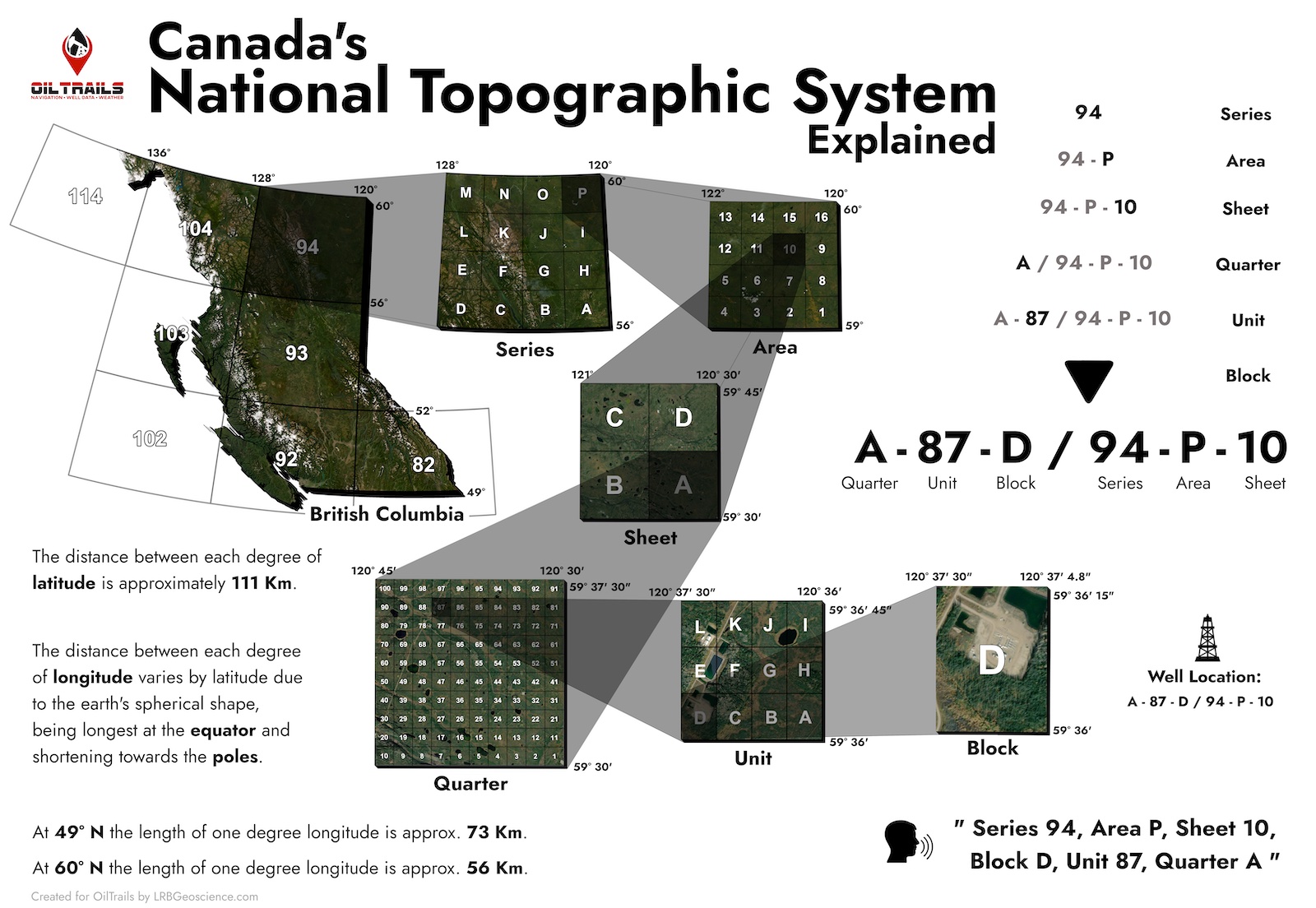NTR & Netori: Exploring Infidelity In Anime & Manga - Explained!
Are you intrigued by the complex narratives of love, betrayal, and the intricate dance of human relationships that are explored within the world of anime and manga? The genres of "netori" and "netorare," though often simplified, offer a compelling lens through which to examine the depths of human emotion and the nuances of fidelity, and the cultural impact of these storytelling methods is significant.
The terms "netori" and "netorare" represent distinct thematic focuses. "Netori" involves a protagonist who actively pursues and seduces the partner of another person. Its a narrative of the aggressor, the one who initiates the disruption of an existing relationship. Conversely, "netorare" focuses on the experience of the betrayed. The protagonist loses their partner to another, grappling with the emotional fallout of infidelity. This genre often dives deep into the feelings of loss, jealousy, and the destruction of trust.
Netorare, often abbreviated as NTR, has become a significant genre in anime, manga, and other media. It is a subgenre dedicated to the theme of betrayal within romantic relationships. This genre explores the complexities of infidelity between couples, whether they are bound by a marriage, dating, or any committed partnership. The core of the story hinges on the breakdown of loyalty and commitment.
The emotional impact of NTR is profound. It often centers around the emotional turmoil of a protagonist whose partner has been swayed by another character. The stories frequently explore themes of jealousy, heartbreak, and profound anguish. It's a genre that intentionally provokes strong emotional responses.
The question arises: why do these themes resonate so strongly with audiences? The answer lies in the fundamental human experience of relationships. They provide a way to examine the darker side of relationships, exploring the potential for betrayal and the pain it can cause. The themes delve into the deep emotional landscapes, which are often explored in more conventional narratives, providing a space for audiences to explore complex emotions.
The acronym "nts" introduces another layer to this discussion. "Nts" is a simple phrase, standing for "not that serious." Its often used in casual conversations. It's a term that allows for the easy dismissal of something not to be taken seriously, especially when discussing relationships or friendships. It stands in stark contrast to the intense focus of NTR narratives.
The key distinction is the perspective from which the narrative is told. While "netori" actively includes the act of seducing someone else's companion, "netorare," (often abbreviated to NTR) specializes in exploring the experiences of the partner who is being seduced. The focus shifts from the act of seduction to the emotional repercussions of betrayal.
Many fans have strong opinions about the genre, offering different viewpoints. Some find themselves absorbed by the emotional journey of the main character. Others find the emotions portrayed uncomfortable. This diverse reaction underscores the genres ability to generate strong feelings and provoke deep contemplation.
Essentially, "netori" is about a protagonist actively taking someones partner, while "netorare"often shortened to NTRdraws the reader in with the painful experience of a protagonist whose partner is unfaithful. This distinction is a critical one, highlighting the shift in narrative focus from the act of seduction to the emotional consequences.
NTR, also known as netorare, is a subgenre of anime, manga, and other media, dealing in betrayal of romantic bonds. Its stories usually feature infidelity between couples, exploring all types of relationships. The core of these stories lies in the breakdown of fidelity.
The impact of these themes cannot be understated. The themes can be seen as reflections of the complexities of human relationships. These genres give space for exploring themes of human connection that aren't always touched upon in mainstream storytelling.
These narratives tap into fundamental human experiences and emotions, regardless of the specific genre. The exploration of complex feelings and human behavior in anime and manga will continue to captivate audiences for years to come.
Understanding these nuances allows a deeper appreciation of the storytelling. They enable a deeper understanding of the motivations and the emotional dynamics. They offer a view of humanitys experiences.
In a world dominated by digital media, NTR narratives are accessible in different forms. They often appear in anime and manga, but also in fan-made works, such as fan fiction. This constant evolution and reinterpretation prove the lasting power of the stories.
The term NTR often implies a story. The stories frequently center on the protagonists emotional journey. They often explore emotional reactions like jealousy, grief, and anger. These emotions create a dramatic core.
It is essential to look beyond the surface to grasp the full impact of the genre. These concepts, although seeming simple, have deep significance across many industries. The concepts have broad application and contribute to a deeper understanding of various creative disciplines.
The success of such a genre lies in its relatability and the exploration of complex human emotions. These stories provide a unique lens for understanding human relationships.


